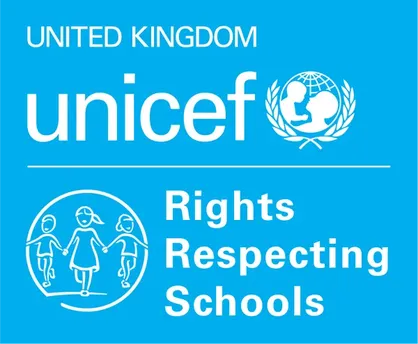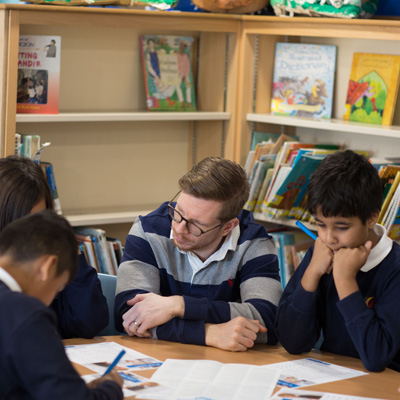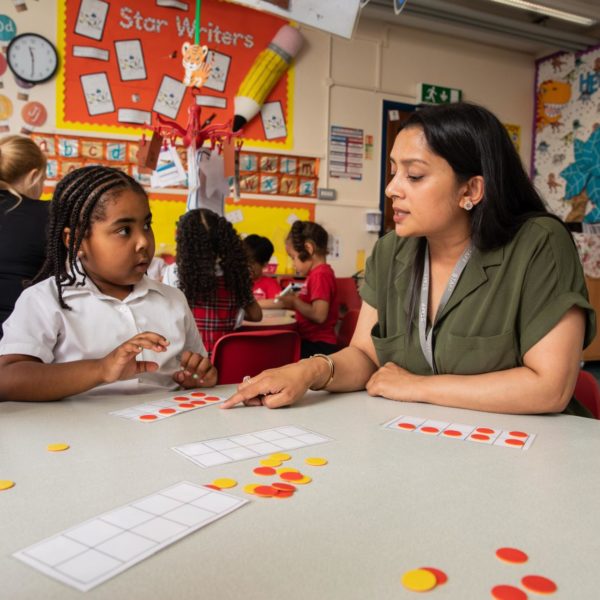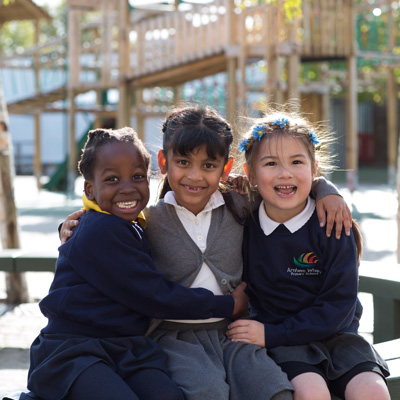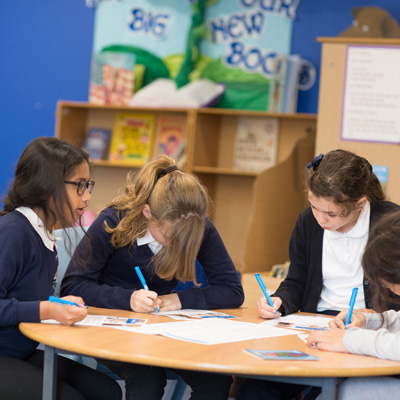The best ideas come from young people at Knowetop Primary.
Janine McAlister, RRSA lead at Knowetop Primary School, explains how pupil participation and their voice is integrated into school management.
Empowering children to be involved in decision-making
Since we started working on Rights Respecting Schools the children have become much more involved in school decision-making processes.
If you want to improve participation in your school the first thing we would recommend is to speak to the young people in your setting. Ask them directly what they would like to change and how they would like to facilitate change in their own learning environment. The best ideas come from our young people!
Pupil groups are a great way to engage with participation. Children will communicate with other children more readily and they act as a link between pupils and staff, while also empowering young people’s voices.
Our children are involved in decision making in all aspects of school life. They can influence curriculum development, changes to the physical environment, playtime activities and extra-curricular opportunities.
Children complete questionnaires on school improvement and curriculum development. They use suggestion boxes to share ideas with staff. We have a wide variety of pupil groups which run throughout the school, these group members act as representatives for the wider pupil body to ensure pupil participation is at the forefront of our school ethos.
Participation within relationships at school
Our relationship with parents is very strong with a high level of parental participation in school life.
There has been an increased awareness of rights in our whole school, with staff at every level becoming more familiar and comfortable when engaging with rights and fostering a rights-based ethos linked to our vision and values.
Attitudes have changed in relation to behaviour management in particular. There has been a significant mindset shift towards a more restorative and rights-based approach to conflict resolution while developing a sense of belonging and inclusivity within our school community.
Our pupils feel more empowered. We collect data related to our children’s view of themselves and their own health and wellbeing and this has shown that our young people generally have a positive view of themselves as individuals.
Involvement in projects and taking action
Pupils highlighted playground development as an area for improvement through our suggestion boxes. At our school there have been occurrences of vandalism in the past. Our children felt that our playground was not a very exciting place to be, and they identified that changes needed to be made.
We embarked upon a huge fundraising effort which involved our whole school community, and we were able to make some significant improvements to our playground. These changes included a trim trail, stage, train, vegetable patches as well as more resources and activities for children to engage with.
Children also identified that other areas were needed for children to enjoy their right to play in a different way. Children highlighted that some young people required a less busy and noisy environment so there are now designated locations in our school building where children can spend some time and play in area which suits their needs.
